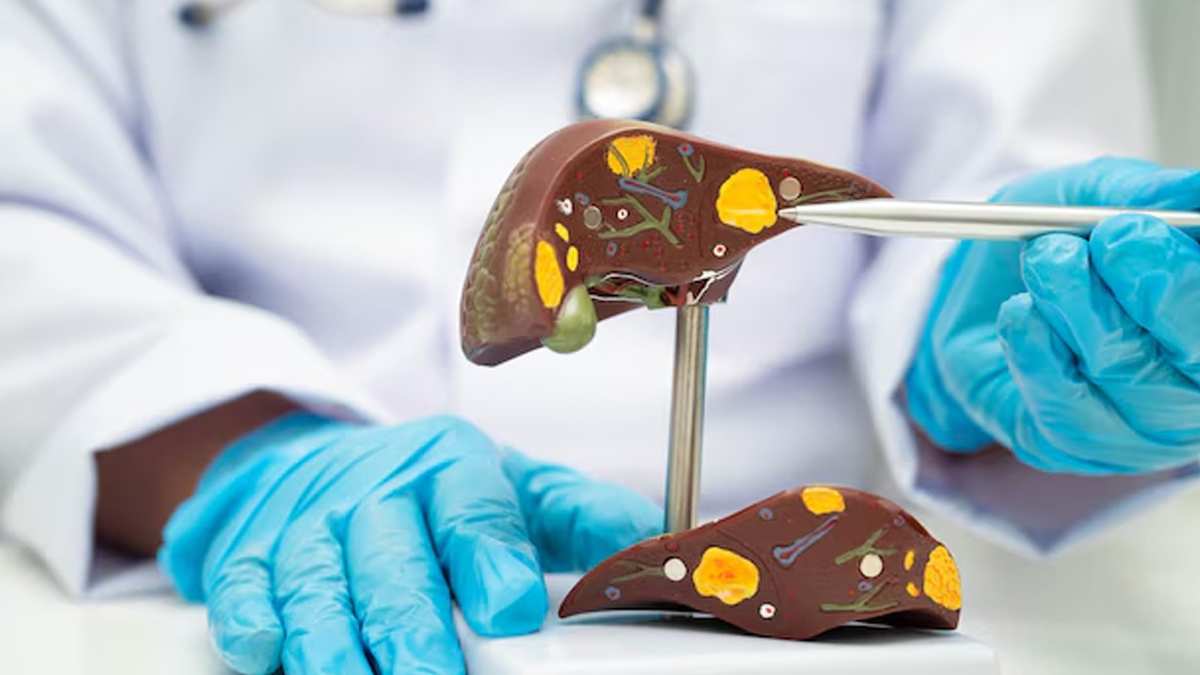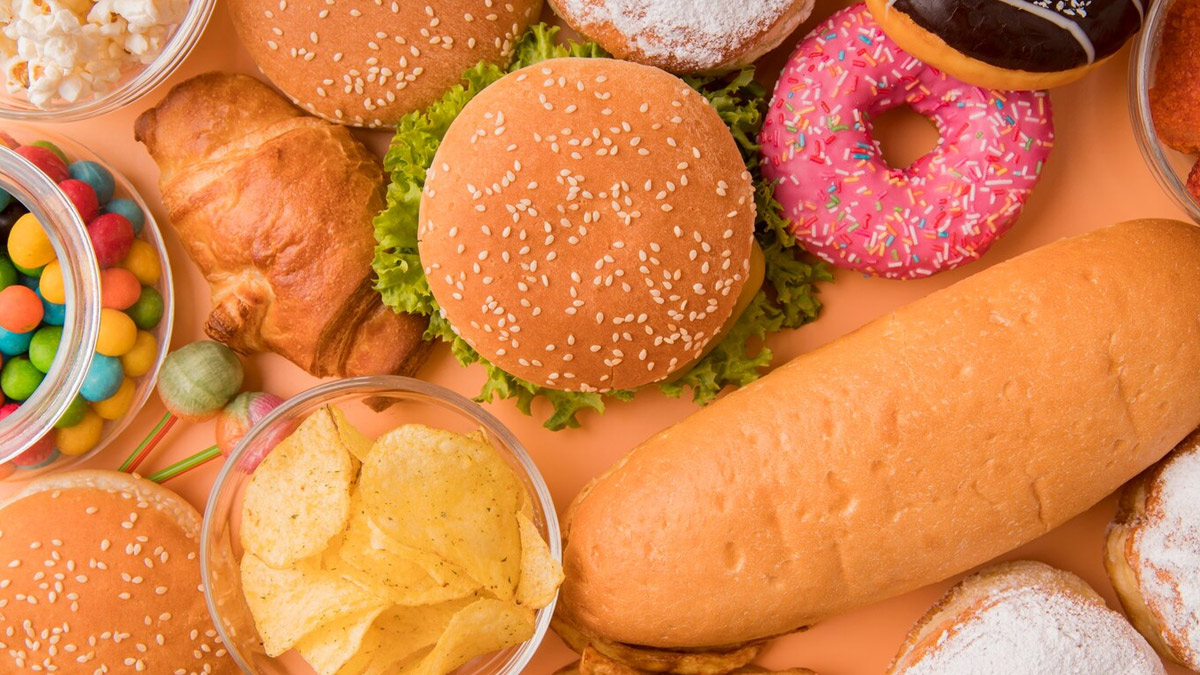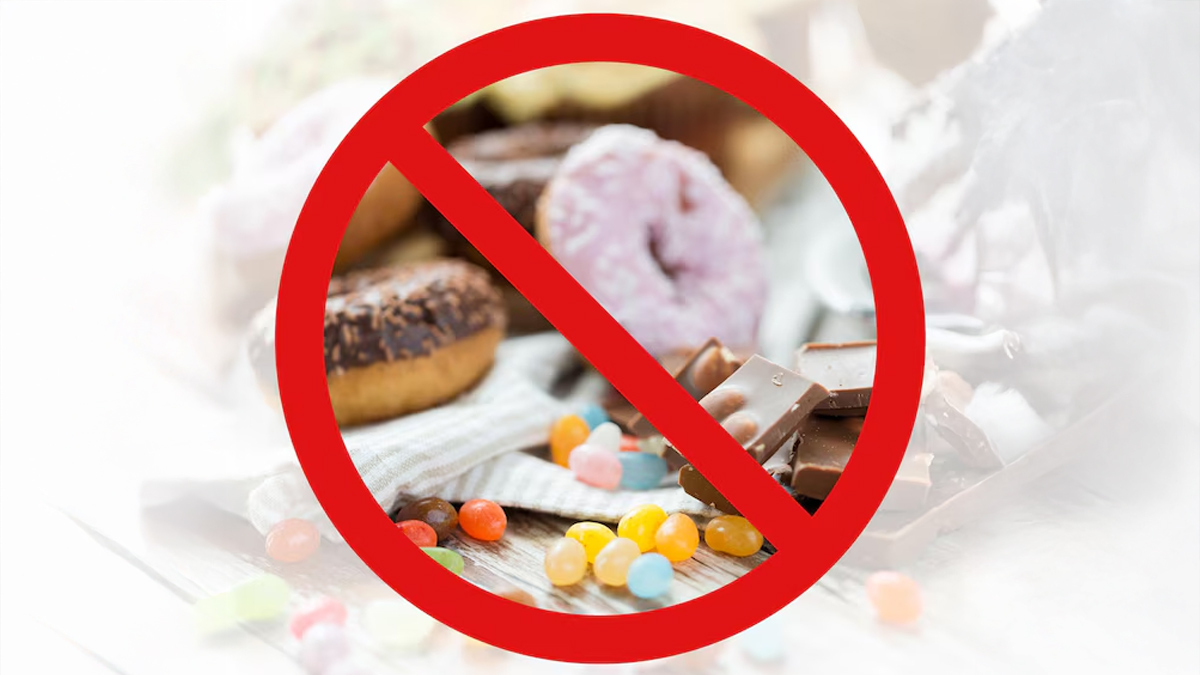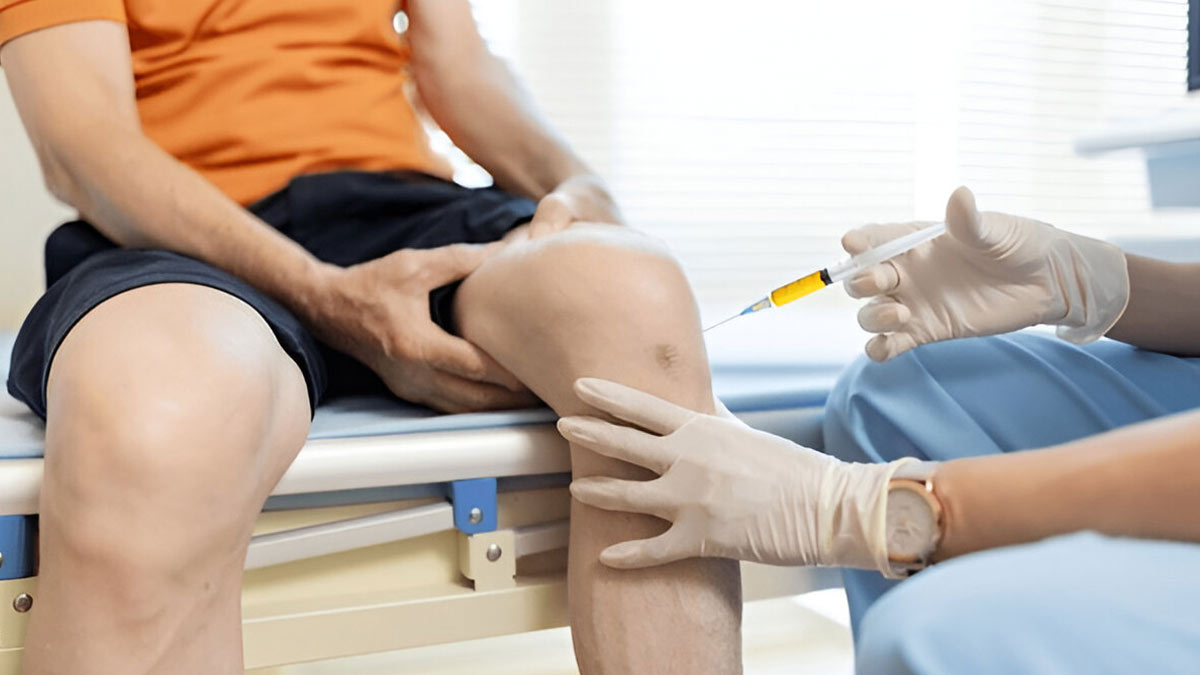India's Liver Disease Crisis: Expert Explains Why Non-Drinkers Are At Risk

One of the leading causes of this increase in liver problems is Non-Alcoholic Fatty Liver Disease (NAFLD). "As the name implies, this condition is not related to drinking. Instead, it is associated with nutrition, lifestyle, and metabolic health. NAFLD develops when extra fat accumulates in the liver, causing inflammation, scarring, and, in severe cases, liver failure," explained Dr Chaudhary.
Surprisingly, India presently has one of the highest levels of fatty liver disease in the world. According to a recent AIIMS study, 38% of urban Indians have NAFLD and many are unaware of it. Since the liver does not provide visible warning signals until considerable damage has occurred, most cases linger misdiagnosed for years.
Here are some lifestyle factors that contribute to liver disease crisis, as listed by Dr Chaudhary:

The spread of fast food chains and ultra-processed foods has drastically changed our diet. Excessive sugar consumption, processed carbs, and unhealthy fats cause fat deposition in the liver, setting the stage for NAFLD.
With increased obesity, insulin resistance, and diabetes, more Indians are suffering from metabolic diseases that have a direct impact on liver functioning. A study published in Clinical Gastroenterology and Hepatology confirmed that individuals with type 2 diabetes have over twice the chance of suffering from serious liver disease than those who do not have diabetes.

Long working hours, physical inactivity, and screen dependence imply that most people are not active enough to burn excess sugar and fat, which harms the liver.
Over-the-counter painkillers, antibiotics, and herbal supplements are commonly used in India without the supervision of doctors. Most of them have chemicals that are dangerous to the liver if taken in excess.
Air pollution, pesticides in food, and exposure to industrial toxins all contribute to liver stress. The liver serves as the body's detoxifier, and when exposed to pollutants, its capacity to regenerate and function effectively is hampered.
The good news is that lifestyle adjustments can reverse liver disease, particularly in its early stages. The liver is a powerful organ with the ability to heal itself, but only if we do the right things at the right time.
Don't assume you're safe from liver disease just because you don't drink – think again. Here are some expert-recommended practical measures to maintain liver health:

Reduce your consumption of processed meals, sugary beverages, and refined carbohydrates. Maintain a healthy diet by including fruits, vegetables, whole grains, and healthy fats.
Exercise lowers liver fat and raises overall metabolism. Even a 30-minute walk will benefit your liver.
Avoid overconsumption of painkillers, such as antibiotics, and untested herbal medicines. Always with a physician before starting any extended drug.

Consume a lot of water to make it easy for your liver to expel toxins. Green tea, turmeric, and high-fibre foods may support the liver's functioning naturally.
Since liver disease often progresses silently, regular blood work and liver function tests may detect any issue early on.
"India's liver disease problem is a wake-up call for all of us. The lifestyle of the modern era, including junk foods, sedentary behaviours, and environmental toxins, threatens the liver in a big way. However, safeguarding your liver is in your hands," highlighted Dr Chaudhary.
Dr Chaudhary concluded, "It’s time to bust the myth that liver disease only affects drinkers and begin making informed decisions. A few simple changes, such as diet and exercise, or regular health checks, can prevent severe health challenges."
[ This article contains information provided by an expert and is for informational purposes only. Hence, we advise you to consult your professional if you are dealing with any health issue to avoid complications.]












